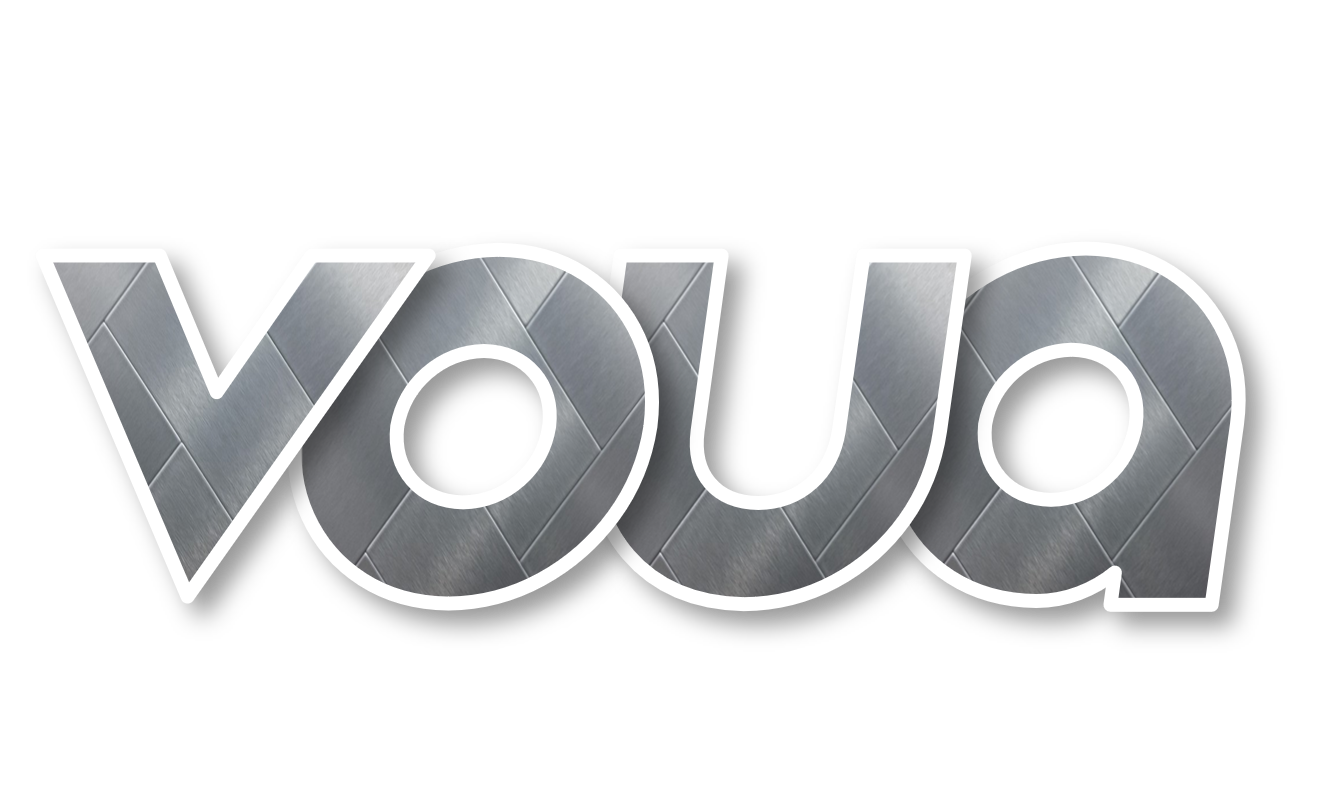DUBLIN – Ireland has recorded its lowest levels of teenage smoking and alcohol consumption in three decades, according to the 2024 Irish report of the European School Survey Project on Alcohol and Other Drugs (ESPAD).
However, the findings also highlight emerging challenges, particularly around e-cigarette use, alternative nicotine products, and adolescent gambling.
Minister of State for Public Health, Wellbeing and the National Drug Strategy, Jennifer Murnane O’Connor, welcomed the report, which surveyed 5,587 students aged 15–16 across 28 post-primary schools. The study, conducted by the TobaccoFree Research Institute Ireland, forms part of the largest cross-national research project on adolescent substance use in Europe.
The ESPAD Ireland 2024 report reveals the lowest rates ever recorded for lifetime, current, and daily smoking among 15–16-year-olds in the 30 years since Ireland began participating in ESPAD surveys. Minister Murnane O’Connor said, “This is hugely positive news, reflecting the success of our policies and public health efforts.”
Vaping in a vacuum
Only 12% of students reported being current smokers, with daily smoking falling to just 2%. However, 32% of respondents said they had tried e-cigarettes, and 7% reported daily use.
Notably, 76% of e-cigarette users had never smoked traditional cigarettes before, and just 0.6% used them for smoking cessation.
“While the downward trend is encouraging, the data also reveals the continuing challenge: young people are still being drawn into tobacco and nicotine use – be it cigarettes, e-cigarettes, or emerging nicotine products,” the Minister added. “We must act decisively to break this cycle.”
The report also showed a marked decline in alcohol use. Lifetime consumption among students dropped from 72.6% in 2019 to 66% in 2024. The proportion of students who reported being drunk in the past 30 days fell by over 25%, from 16.1% to 12%.
“This trend aligns with the objectives of the Public Health (Alcohol) Act to reduce consumption of alcohol generally but more particularly to delay the age of initiation of alcohol consumption among our children,” said Murnane O’Connor.
Cannabis loses high
Cannabis use also declined significantly. Lifetime use dropped from 19% in 2019 to 12% in 2024, with current use halving from 9% to 5%. “Many people feel that cannabis is not a harmful drug, however, statistics from our adolescent drug treatment services show that cannabis is the number one drug that young people presenting to services seek support in relation to,” the Minister noted.
Professor Joan Hanafin, Co-Principal Investigator of ESPAD Ireland, welcomed the reductions but cautioned that disparities remain. “Smoking is at its lowest rate (12%) in 30 years, but reductions are not equal for all students. Almost 13% of 16-year-old girls smoke, and this figure has remained stable for the last 10 years. Girls also have higher e-cigarette use.”
She also flagged a rise in the use of alternative nicotine products such as moist snuff and nicotine pouches, with one in five 16-year-olds currently using at least one nicotine product. These products, while often marketed as safer alternatives, are illegal in Ireland and most EU countries, except for Sweden.
Don’t bet on responsibility
Another area of concern is adolescent gambling. “There has been an increase in problem gambling among teenagers, with almost half of those who gamble reporting at least one indicator of problem gambling. This is a particular problem for boys,” said Hanafin.
As Ireland prepares a new National Drug Strategy with a focus on prevention, the ESPAD 2024 findings offer both reassurance and a renewed call to action.
“With this insight, we can do better – we can design better interventions, address risk factors earlier and protect the health of the next generation,” said Minister Murnane O’Connor.
While Ireland embarks on advancing a coordinated public health strategy to tackle problem drug use, youth smoking, and gambling-related harm, a Department of Health spokesperson told Euractiv that the approach “requires a coordinated, cross-government approach. This includes regulating gambling and developing tailored public health responses.”
Central to this strategy is the ‘Gambling Regulation Act 2024’, which introduces a comprehensive licensing and oversight framework for both in-person and online gambling.
The legislation, described as “a public health measure designed to protect people, especially children and vulnerable groups, from gambling-related harm,” places strict controls on advertising, digital platforms, and access by minors. Under Section 158 of the Act, it is now illegal for individuals under 18 to participate in any form of gambling.
A cornerstone of the new regime is the establishment of the ‘Gambling Regulatory Authority of Ireland (GRAI)’, an independent statutory body tasked with overseeing all gambling regulation and licensing.
The government has allocated €1 million across Budgets 2023 and 2024 to expand prevention, treatment, and support services for those affected by gambling and gaming.
Tobacco gets rolled
In parallel, the government said it is intensifying efforts to curb youth smoking and vaping. The ‘Public Health (Tobacco) (Amendment) Act 2024’ raises the legal age for purchasing tobacco products from 18 to 21, with the measure set to take effect in February 2028. The goal, according to the Department, is “to accelerate the decline in adult smoking prevalence and to reduce smoking prevalence among children to zero.”
Complementing this, the ‘Public Health (Tobacco Products and Nicotine Inhaling Products) Act 2023’ introduced a licensing system for retailers and banned the sale of tobacco and nicotine inhaling products from vending machines and temporary premises. It also prohibits sales to under-18s and restricts advertising near schools, in cinemas, and on public transport.
[By Brian Maguire]





